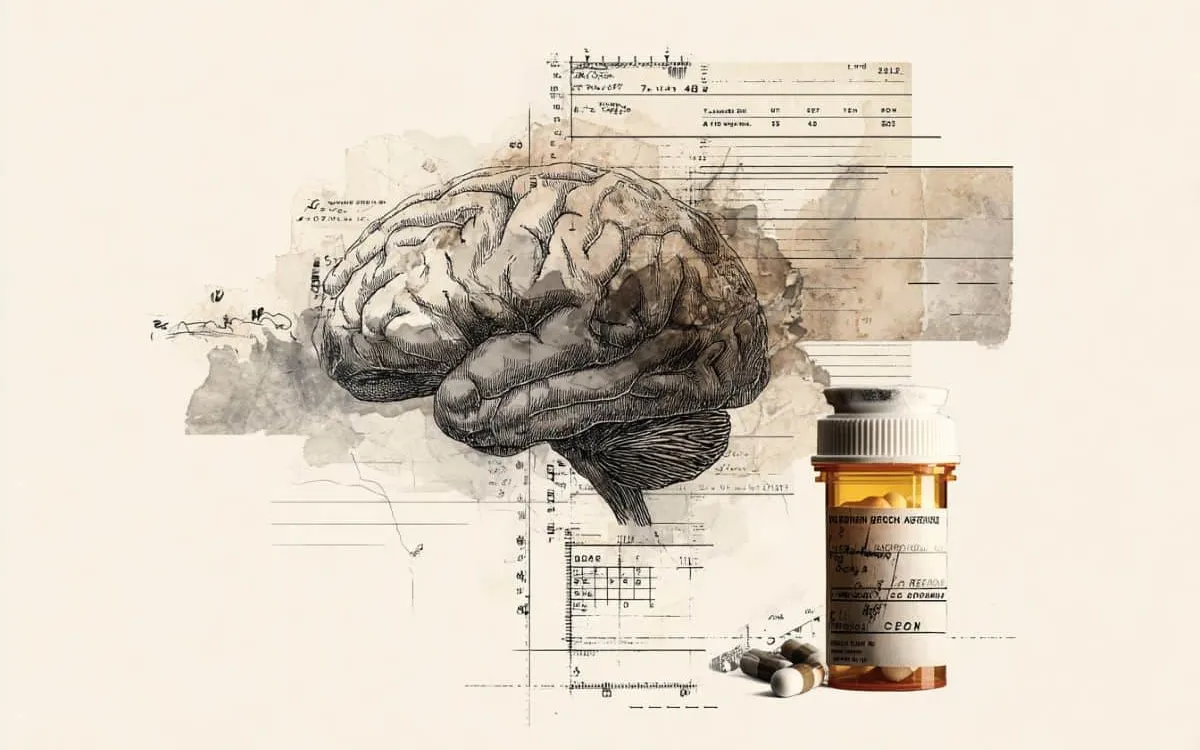
A recent comprehensive study analyzing U.S. medical records has revealed alarming findings regarding the use of gabapentin, particularly for adults suffering from chronic low back pain. The research indicates that individuals prescribed gabapentin six or more times are at a significantly elevated risk of developing dementia and mild cognitive impairment (MCI) within a decade. Specifically, the study found a 29% increased likelihood of dementia and an astounding 85% higher risk of MCI among these patients.
Notably, the study highlights that the risks associated with gabapentin prescriptions are particularly pronounced in younger adults aged 35–64. In this demographic, the rates of cognitive decline more than doubled or even tripled compared to those who were not prescribed the medication. This finding raises essential questions about the safety of gabapentin, especially considering that those aged 18–64 are typically viewed as less vulnerable to such cognitive issues.
Gabapentin has gained popularity as a treatment for chronic pain, especially neuropathic pain, due to its relatively low addictive potential when compared to opioids. Its perceived neuroprotective benefits have contributed to its widespread use. However, there is a growing concern regarding its side effects, particularly its potential association with neurodegeneration. Despite mixed findings in previous research, the current study aims to clarify these concerns by examining real-time data from the TriNetX health research network, which aggregates electronic health records from 68 healthcare organizations across the United States.
The researchers conducted a retrospective cohort study, analyzing the anonymized records of 26,414 adult patients both with and without prescriptions of gabapentin for chronic low back pain from 2004 to 2024. The study controlled for various factors, including demographics and co-existing conditions, to ensure accurate comparisons. Key findings revealed that patients receiving six or more prescriptions of gabapentin were 29% more likely to be diagnosed with dementia and 85% more likely to suffer from MCI within ten years of their initial pain diagnosis.
Further analysis of the data indicated a concerning trend: the more frequently gabapentin was prescribed, the higher the associated risks of cognitive decline. Patients who filled 12 or more prescriptions exhibited a 40% higher likelihood of developing dementia and a 65% greater chance of MCI compared to those who received between 3 to 11 prescriptions. While the study is observational and does not establish direct causation, it highlights a concerning association between gabapentin prescriptions and cognitive impairment outcomes.
The researchers emphasize the necessity for ongoing monitoring of patients who are prescribed gabapentin, particularly for those on long-term regimens. This study underscores the importance of assessing potential cognitive decline in patients undergoing treatment for chronic low back pain with gabapentin. As the landscape of pain management continues to evolve, clinicians must remain vigilant about the implications of gabapentin use in their patients.
In summary, the findings from this large-scale medical records study suggest a significant association between gabapentin prescriptions and increased risks of dementia and cognitive impairment, especially among younger adults. As ongoing research continues to explore these associations, it is crucial for healthcare providers to monitor their patients closely and consider the potential long-term cognitive effects of gabapentin.
For further information on this research, refer to the original study published in Regional Anesthesia & Pain Medicine, authored by Chong H. Kim et al.